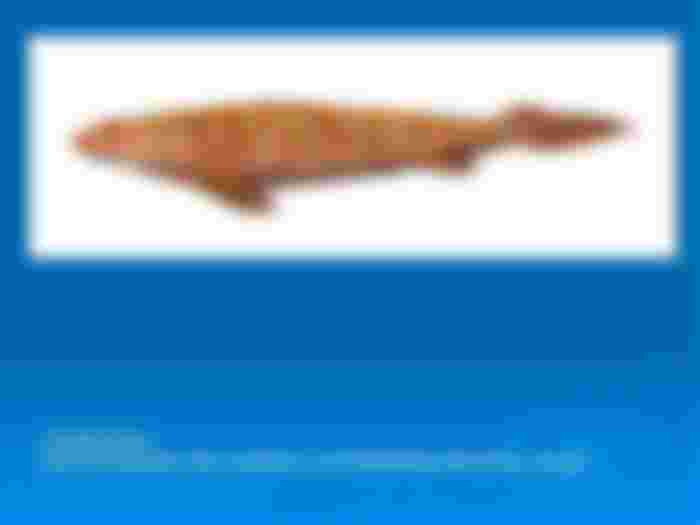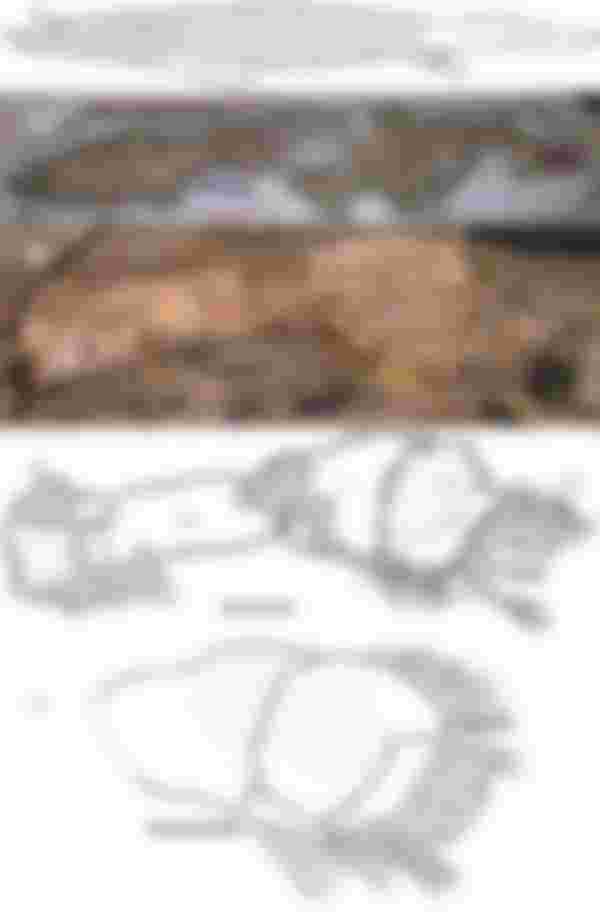
In search of the original ancestor
Let's go back about 360 million years ago. When the continents were together, Europe, the Sahara was under the sea. The earth was warm. The amount of carbon dioxide was much higher. Plants have only just begun to evolve. Dinosaurs have no name or smell, and at that time the sea was terrified of an animal with a clawed fish.
Name - Panderichthys
Genus -Panderichthyidae
Clad - Elpistostegalia
Square - Sarcopterygii
Subclass - Tetrapodomorpha
Episode -Chordata
State -Animalia
Duration- Late Devonian
Panderikthis actually has two
Represents individual species.
1-Panderikthis rhomblapes - which was identified by Gross in 1930.
2-Panderikthis Stovlvi-which was identified by Emila Vorobieda in 1970.

Although we have had fossils of Panderikathis for a long time, they have only recently been thoroughly examined, and in 1975 they were recognized as closer to tetrapods than fish.
Panderikathis is a 90–130 cm long large fish-like creature with a large tetrapod-like head that is flattened, narrow, and broad at the back.
The roof of the skull, the outer part of the cheekbones, the fins of the surface and anus, the length of the humerus, the features of the shoulders prove that they are more similar to the tetrapod than the lobe-fin fish.
Panderichthis was an animal from the Devonian era of the Paleozoic era. It was during this era that the first ferns, the first flying insects and amphibians arrived. At that time there was a shortage of carbon dioxide in the sea due to the growth of marine plants and so they lived where the water was shallow and muddy. Among them Romblapis was a big predator.
Panderichthis was a transitional genus that established relationships between fish and amphibians. They had both lungs and gills and could breathe from the air.
Homo sapiens arrived after the next 21 creatures.

1. Tetrapods - Animals that belong to the upper vertebrate group of fish.
2. Humorus - The long bone of the upper arm that connects the shoulder and the arm.
3. Lobe Fin - Considered the ancestor of amphibians and vertebrates
4. Paleozoic epoch - began 541 million years ago and ended 241 million years ago, divided into seven parts.



Wow that was a deep research done by you